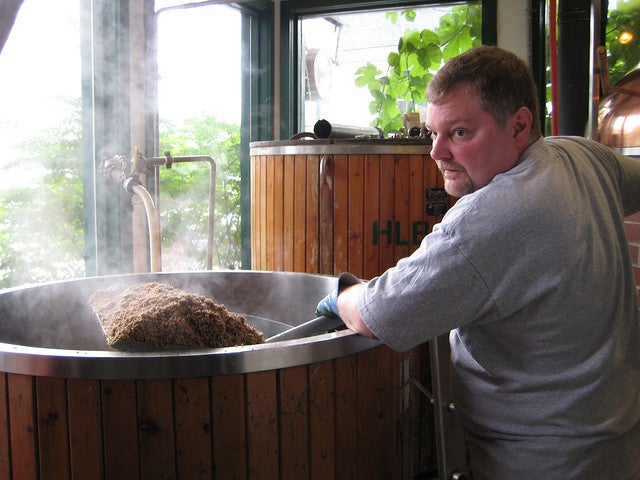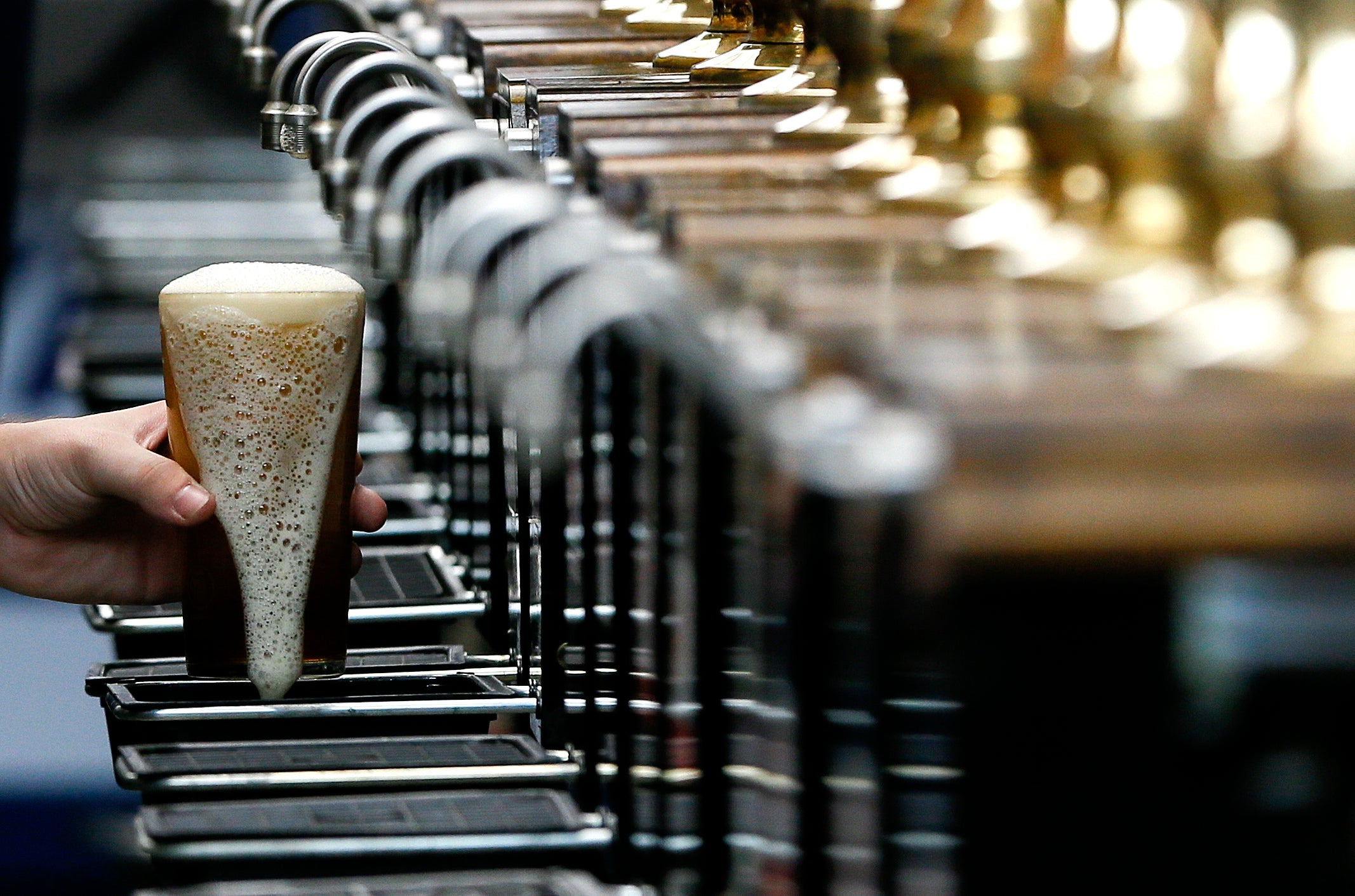The Food and Drug Administration is backing down on a proposal that could increase the price of beer in Wisconsin.
The proposed rule was introduced by the FDA last October to complement the Food Safety Modernization Act, which passed in 2011. It would have changed how brewers handle and store spent grains — leftover grains from the brewing process, which are often sold to farmers as animal feed.
The rule was intended to prevent the spread of disease and would have required brewers to make sure grain storage barrels aren’t easily confused with trash bins, among other things. According to the FDA, they were “common-sense and reasonable measures.”
News with a little more humanity
WPR’s “Wisconsin Today” newsletter keeps you connected to the state you love without feeling overwhelmed. No paywall. No agenda. No corporate filter.
Brewers, however, thought they were unnecessarily time-consuming and expensive.
“Brewers have been feeding spent grain to cattle probably since the Egyptians were brewing beer,” said Dan Carey, the brewmaster at New Glarus Brewery in Wisconsin. “It’s not something new, it’s not something odd, it’s not something dangerous.”
Carey said New Glarus donates about 700,000 pounds of spent grain a month to a local farm.
Bill Halfman, an agricultural agent with the University of Wisconsin-Extension in Monroe County, said the brewer-rancher relationship on spent grain is a “win-win.”
“Typically they can be gotten for a low cost,” said Halfman. “It saves the brewers the additional costs of disposal of them, and it provides us a good feed source for folks to feed cattle with.”
In response to brewers’ protests, the FDA says it’s going to release revised language for the rule later this summer.
Wisconsin Public Radio, © Copyright 2025, Board of Regents of the University of Wisconsin System and Wisconsin Educational Communications Board.







